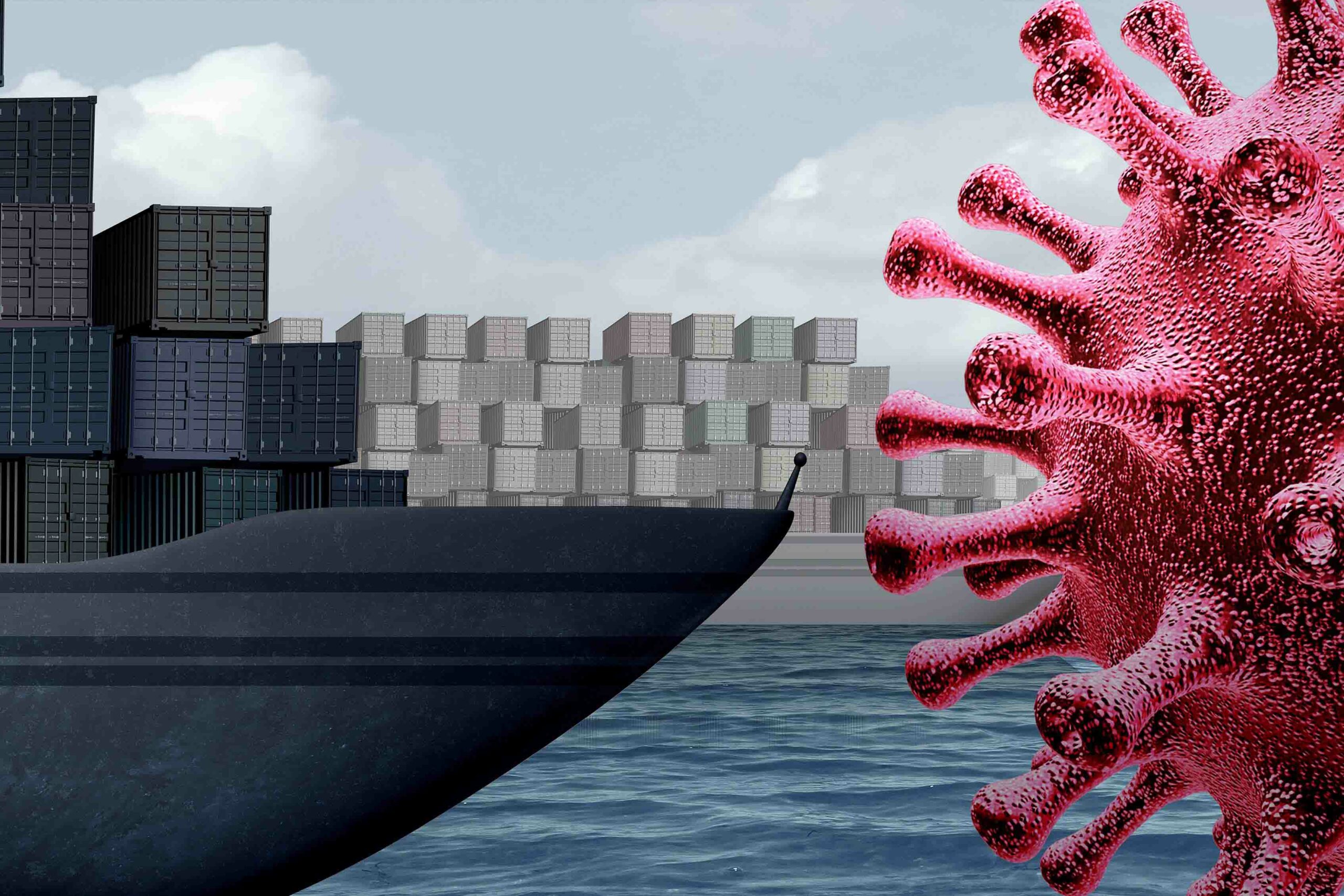John Porcari, Port Envoy to the White House Supply Chain Task Force, spoke at yesterday’s White House press briefing, addressing questions on the effects of Omicron on ports, moving medical supplies on time to where they’re needed, truck driver shortages and more.
Porcari reviewed the work of the Task Force – bringing together retailers, ports and labour, earning “commitments from all to move toward a 24/7 supply chain system”; developing a container dwell fee at the Ports of LA and Long Beach, leading to a “40 percent reduction in long-dwelling containers at those two ports”; and helping to alleviate congestion at the Port of Savannah with funding for pop-up inland ports.
In the last week or so, he noted, new developments have seen the Port of LA announce a “new fee on long-dwelling empty containers … that should help further unclog our ports.” He mentioned the “new actions to improve US exports, particularly agricultural exports” at the Port of Oakland.
Responding to a reporter’s question, Porcari said that Omicron has so far “not disrupted operations” at the ports, despite “some increased outages from longshore workers and others.” In fact, “the ports and the supply chains are operating at record levels,” he said.
Porcari discussed the procedure to prioritize the shipment of Covid-related medical supplies. “We have a procedure in place, starting with the place of manufacture of those medical supplies, to identify them early as they’re put in containers, make sure those containers are separately identified, are what we call “block stowed” – stowed in a position on a ship where they can be the first off – and then are prioritized for unloading.” He said, “Together, this supply chain, with the millions of people that work on it, have met the challenges so far. We expect to continue to do that,” in reference to the 500bn Covid tests President Biden has promised to distribute across the country.
Beyond the pandemic and its ongoing impacts on global supply chains, Porcari sees significant long-term needs. “I think what is clear is the pandemic laid bare what was the underlying reality, which was the supply chain was stressed even before the pandemic,” he said. “And we clearly have changes to make to build a more durable, resilient supply chain.”
Author: Kim Biggar


